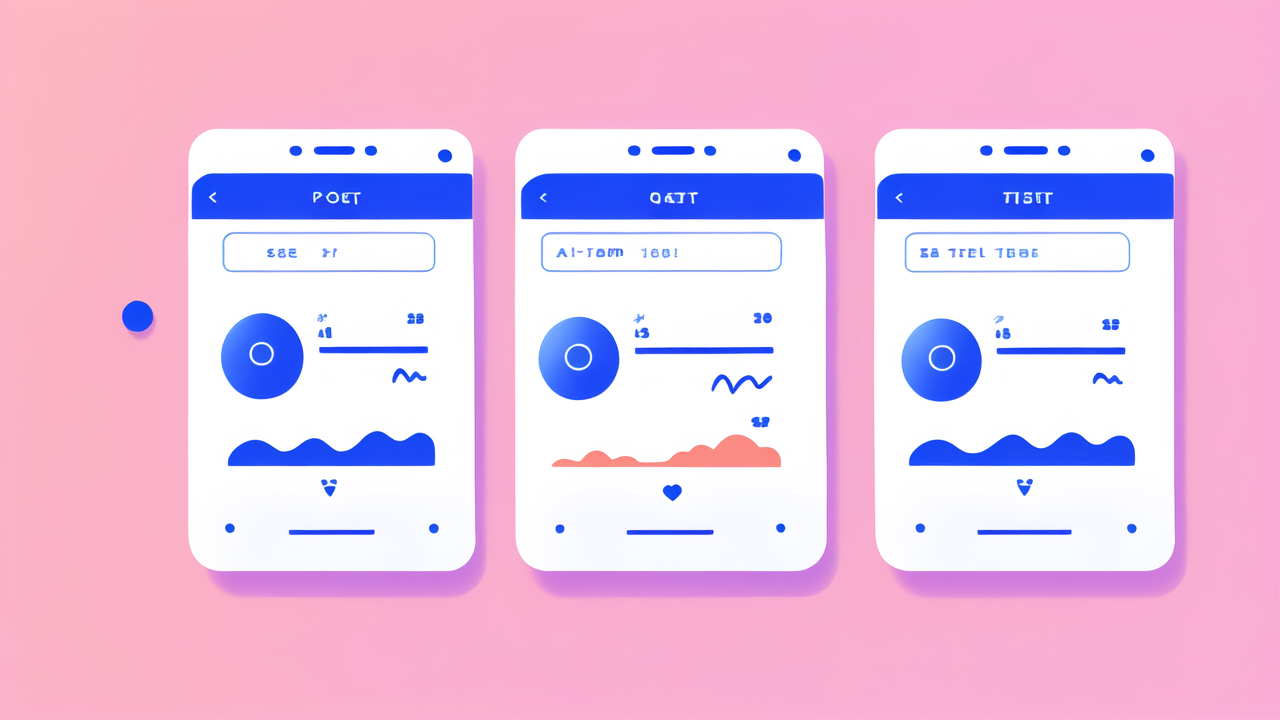Understanding the Health Potential of Wearable Technology
The Role of Smart Watches in Personal Health Monitoring
Smart watches have become a popular tool for personal health monitoring. These devices can track steps, heart rate, sleep patterns, and more. They offer real-time data and insights into daily activities. Many users find them helpful for setting and achieving fitness goals. Smart watches also provide alerts for irregular heart rhythms or high stress levels. This immediate feedback can prompt users to make healthier choices throughout the day.

Body Measurement Trackers: A New Frontier in Health Care
Body measurement trackers are emerging as powerful health tools. These devices focus on specific health metrics beyond basic activity tracking. They can measure body fat percentage, muscle mass, and hydration levels. Some even track hormonal changes or blood glucose levels. This detailed data can provide a more comprehensive view of overall health. It's especially useful for those managing chronic conditions or aiming for specific fitness goals.
Comparing the Technology Behind Health Wearables
Smart watches and body measurement trackers use different technologies. Smart watches rely on accelerometers, gyroscopes, and optical sensors. These tools track movement, position, and heart rate. Body measurement trackers often use bioelectrical impedance analysis. This method sends a small electrical current through the body to measure composition. Both types of devices are evolving to include more advanced sensors. These may include ECG monitors, blood oxygen sensors, or even sweat analysis tools.
Key Features of Smart Watches for Health Tracking
Advanced Sleep Tracking and Its Impact on Health
Sleep tracking has become a key feature of smart watches. These devices can monitor sleep duration, stages, and quality. They use a combination of movement and heart rate data to assess sleep patterns. Many smart watches offer personalized sleep insights and tips for improvement. This feature can help users understand their sleep habits and make necessary changes. Better sleep can lead to improved overall health, mood, and cognitive function.

Heart Rate Monitoring: A Staple in Modern Health Wearables
Heart rate monitoring is a core feature of most health wearables. Smart watches can track heart rate continuously throughout the day. This data can reveal resting heart rate, exercise intensity, and stress levels. Some devices can detect irregular heartbeats or potential heart problems. Users can use this information to adjust their exercise routines or manage stress. Regular heart rate monitoring can also help identify trends that may need medical attention.
The Importance of GPS and Activity Tracking for Lifestyle Insights
GPS and activity tracking features provide valuable lifestyle insights. Smart watches can accurately measure distance, pace, and routes during outdoor activities. They can also detect different types of exercises automatically. This data helps users understand their activity levels and set realistic fitness goals. Some devices offer personalized workout suggestions based on past performance. GPS tracking can also be useful for safety during outdoor activities or for finding new routes.
The Future of Health Wearables in the United States Market
Integrating AI and Machine Learning into Health Monitoring Devices
AI and machine learning are set to revolutionize health wearables. These technologies can analyze vast amounts of health data to provide personalized insights. They may be able to predict health issues before symptoms appear. AI could also help create more accurate sleep stage detection or stress level assessments. As these technologies improve, health wearables may become even more valuable for preventive care. They could potentially alert users to early signs of chronic diseases or health risks.

Regulatory Considerations for Health Wearables
As health wearables become more advanced, regulatory oversight is increasing. The FDA has already cleared some smart watches for specific medical uses. This includes detecting atrial fibrillation or measuring blood oxygen levels. Future devices may require more rigorous testing and approval processes. This could lead to more reliable and medically valuable health wearables. However, it may also slow down the release of new features or increase costs for consumers.
Privacy and Security in the Wearable Health Industry
Privacy and security are crucial concerns in the wearable health industry. These devices collect sensitive personal health data. Users need assurance that this information is protected and used responsibly. Companies are implementing stronger encryption and data protection measures. Many are also providing more transparent privacy policies. As the industry grows, there may be new regulations to protect consumer data. Users should always review privacy settings and understand how their data is being used.




Leave a comment
This site is protected by hCaptcha and the hCaptcha Privacy Policy and Terms of Service apply.